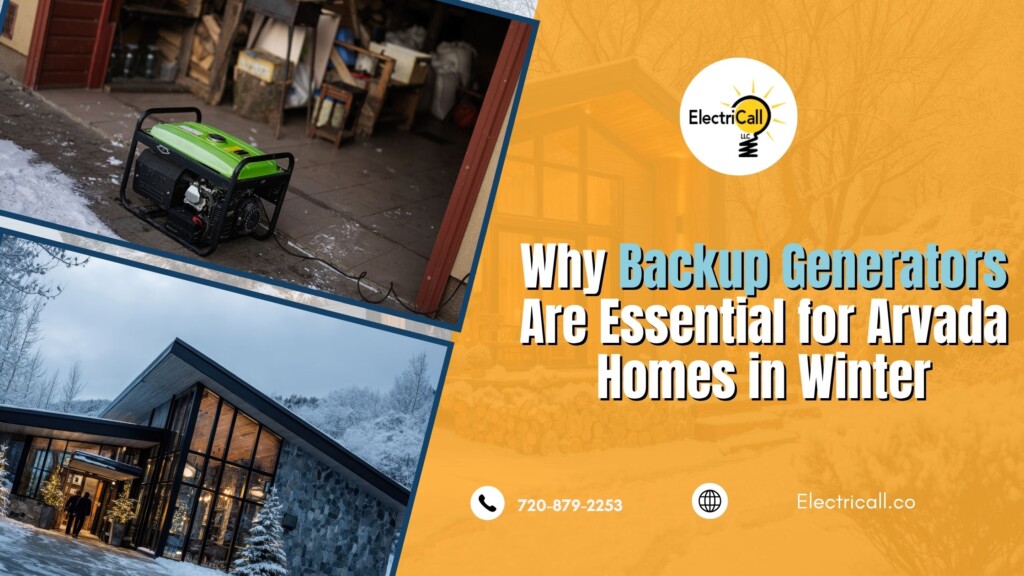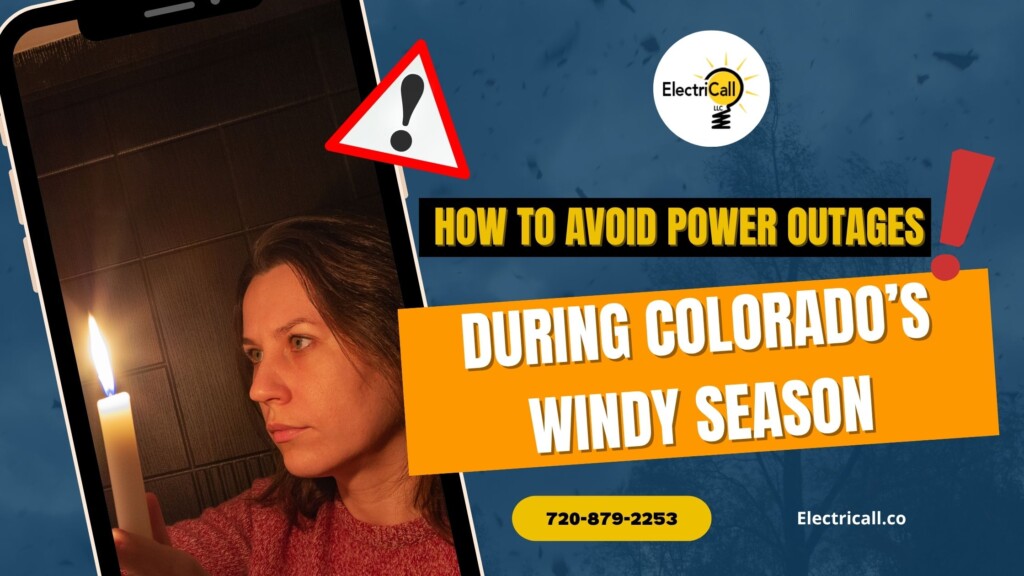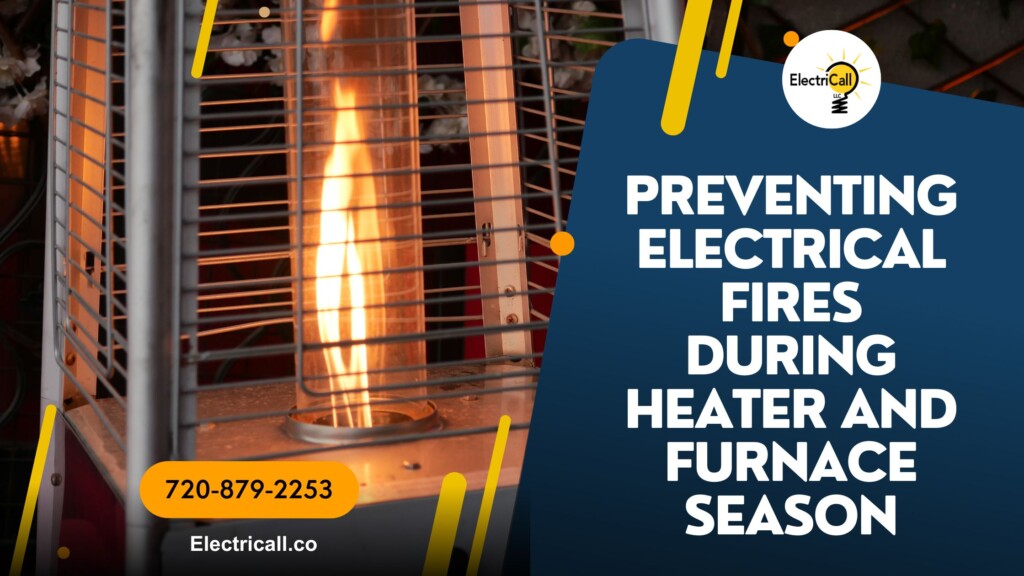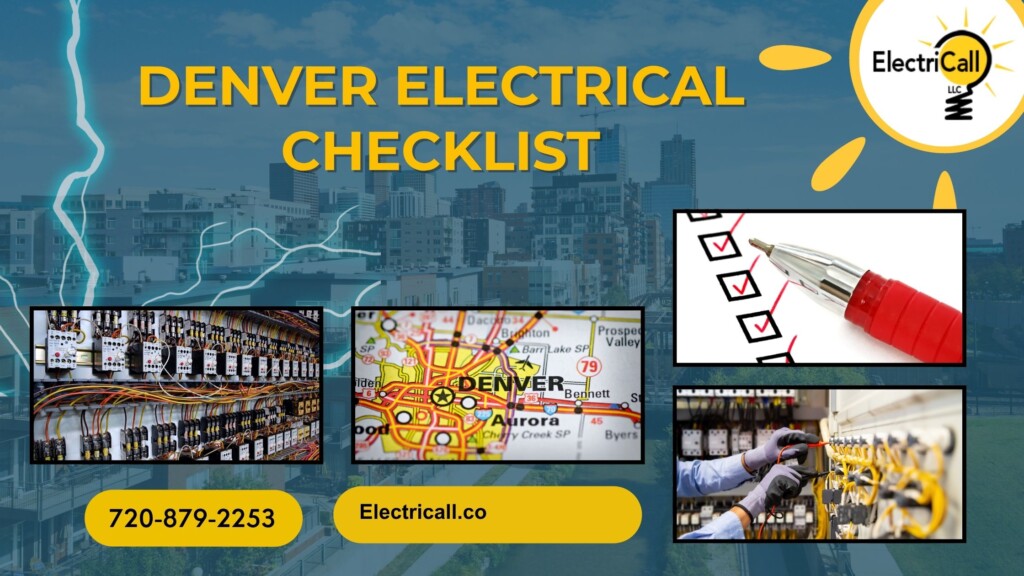
Backup generator installation becomes a priority when the first winter storm knocks out power to thousands of homes across Arvada, CO. Your furnace stops working. The refrigerator goes silent. Medical devices shut down. These scenarios happen every winter in the Denver Metro area when heavy snow and ice bring down power lines.
Colorado winters test your home’s resilience. Power outages lasting hours or even days leave families without heat when temperatures drop below freezing. Professional generator installation provides the security you need during these critical times.
The Reality of Winter Power Outages in Arvada
Arvada sits at the base of the Rocky Mountains, where winter storms can strike with little warning. The city experiences an average of 53 inches of snow annually. Ice storms coat power lines with additional weight while high winds snap tree branches onto electrical infrastructure.
Power outages affect more than comfort. They create genuine safety risks:
- Frozen pipes burst and cause thousands in water damage
- Food spoils in refrigerators and freezers
- Security systems stop functioning
- Sump pumps fail during snow melts
- Medical equipment loses power
- Carbon monoxide poisoning risks increase from improper heating methods
The Denver Metro area experienced 47 significant power outages last winter alone. Some neighborhoods went without electricity for 72 hours. A whole-home generator installation keeps your family safe when the grid fails.
Types of Backup Generators for Colorado Homes
Portable Generators
Portable generators offer temporary power during short outages. You wheel them outside, add fuel, and connect appliances through extension cords. These units cost less upfront but require manual operation.
Portable generators work for:
- Powering essential appliances
- Running space heaters
- Keeping refrigerators cold
- Charging devices
Limitations include:
- Manual startup in severe weather
- Limited power output
- Regular refueling needs
- Extension cord hazards
- Carbon monoxide risks if used improperly
Standby Generators
Standby generator setup service provides automatic protection. These permanent installations connect directly to your home’s electrical system. When the power fails, they start automatically within seconds.
Benefits of standby systems:
- Automatic operation without intervention
- Powers entire home or selected circuits
- Runs on natural gas or propane
- Operates for extended periods
- Increases property value
A licensed electrician for generator wiring ensures proper installation meeting Jefferson County building codes. Professional installation includes proper sizing, transfer switch setup, and electrical panel integration.
Critical Systems Protected by Emergency Power
Heating Systems
Your furnace needs electricity to operate even if it runs on gas. The blower motor, ignition system, and thermostat all require power. Without heat, indoor temperatures can drop to dangerous levels within hours.
Arvada’s location at 5,344 feet elevation means winter nights frequently drop below zero. Pipes freeze and burst when homes lose heat. Water damage from frozen pipes averages $5,000 to $70,000 according to insurance industry data.
Food Preservation
A typical refrigerator keeps food safe for only four hours without power. Freezers maintain temperature for 48 hours if kept closed. Extended outages mean hundreds of dollars in spoiled food.
Generator transfer switch installation allows you to power kitchen circuits automatically. Your refrigerator and freezer continue operating normally during outages.
Medical Equipment
Many Arvada residents depend on powered medical devices:
- CPAP machines
- Oxygen concentrators
- Nebulizers
- Insulin refrigeration
- Mobility device chargers
- Home dialysis equipment
Emergency power system installation protects vulnerable family members who need continuous medical support.
Home Security
Security systems, cameras, and smart locks lose functionality during outages. Backup power maintains your home’s protection when you need it most.
Professional Installation Requirements
Generator installation involves complex electrical work requiring specific expertise. Colorado law mandates licensed electricians perform this work. DIY installation risks:
- Electrical fires from improper wiring
- Carbon monoxide poisoning
- Equipment damage
- Code violations
- Insurance claim denials
- Warranty voidance
Professional Westminster generator installation includes:
- Load calculation – Determining your home’s power needs
- Equipment selection – Choosing appropriate generator size
- Permit acquisition – Filing required paperwork with local authorities
- Transfer switch installation – Installing automatic or manual transfer equipment
- Gas line connection – Running fuel lines to the generator
- Grounding system – Establishing proper electrical grounding
- Testing and commissioning – Verifying proper operation
- User training – Teaching homeowner operation and safety
Choosing the Right Generator Size
Proper sizing prevents overload and ensures adequate power. Calculate your needs by listing essential circuits:
- Furnace (500-1,500 watts)
- Refrigerator (600-800 watts)
- Freezer (500-800 watts)
- Lights (60-100 watts per fixture)
- Sump pump (500-1,500 watts)
- Well pump (1,000-2,000 watts)
Add starting wattage requirements which exceed running watts. Motors need extra power during startup. A 10,000-watt generator handles basic needs for most Arvada homes. Larger homes may require 15,000-20,000 watts for full coverage.
Lakewood backup power electrician services include detailed load analysis ensuring correct sizing. Oversized generators waste fuel. Undersized units cannot handle your home’s needs.
Generator Maintenance for Winter Reliability
Generator maintenance and inspection keeps your system ready for emergencies. Winter preparation includes:
Monthly tasks:
- Start generator for 15-minute test runs
- Check oil levels
- Inspect for leaks or damage
- Clear snow and debris from unit
Annual professional service:
- Oil and filter changes
- Spark plug replacement
- Battery testing
- Transfer switch inspection
- Load bank testing
- Fuel system cleaning
Schedule maintenance before winter arrives. November appointments fill quickly as homeowners prepare for snow season.
Local Considerations for Arvada Installations
Arvada’s unique geography affects generator installations. The city spans 35 square miles across Jefferson and Adams counties. Different neighborhoods face varying challenges.
Old Town Arvada features historic homes built before 1920. These properties often need electrical panel upgrades before generator installation. The Ralston Valley area experiences frequent wind events requiring secure generator anchoring.
Local regulations require generators sit at least five feet from windows and doors. Jefferson County mandates specific sound levels for residential generators. Professional installers understand these requirements.
The city’s proximity to Clear Creek and Ralston Creek creates flood risks during spring melts. Elevated generator platforms prevent water damage in flood-prone areas.
Investment Value and Cost Considerations
Whole-home generator installation costs vary based on size and complexity. Basic portable units start around $500. Permanent standby systems range from $3,000 to $15,000 installed.
Consider long-term value:
- Prevented food loss saves hundreds per outage
- Avoided hotel stays during extended outages
- Protected pipes prevent thousands in damage
- Maintained home security
- Increased property value (typically 3-5% according to real estate data)
Insurance companies may offer premium discounts for homes with backup power. Check with your provider about available savings.
Take Action Before Winter Arrives
Winter storms arrive without warning. Generator installation requires permits and scheduling. Waiting until December means competing with emergency installations.
Denver Metro standby generator services experience high demand from October through March. Early installation ensures your family’s protection before the first storm.
Your home deserves reliable backup power. Professional installation by ElectriCall ensures code compliance, safety, and dependable operation when you need it most.
Don’t wait for the next power outage to leave your family in the cold. Call ElectriCall at 720-879-2253 today to schedule your backup generator consultation. Our licensed electricians provide expert installation throughout Arvada, Westminster, Lakewood, and the entire Denver Metro area. Protect your home and family with professional generator installation before winter weather strikes.



